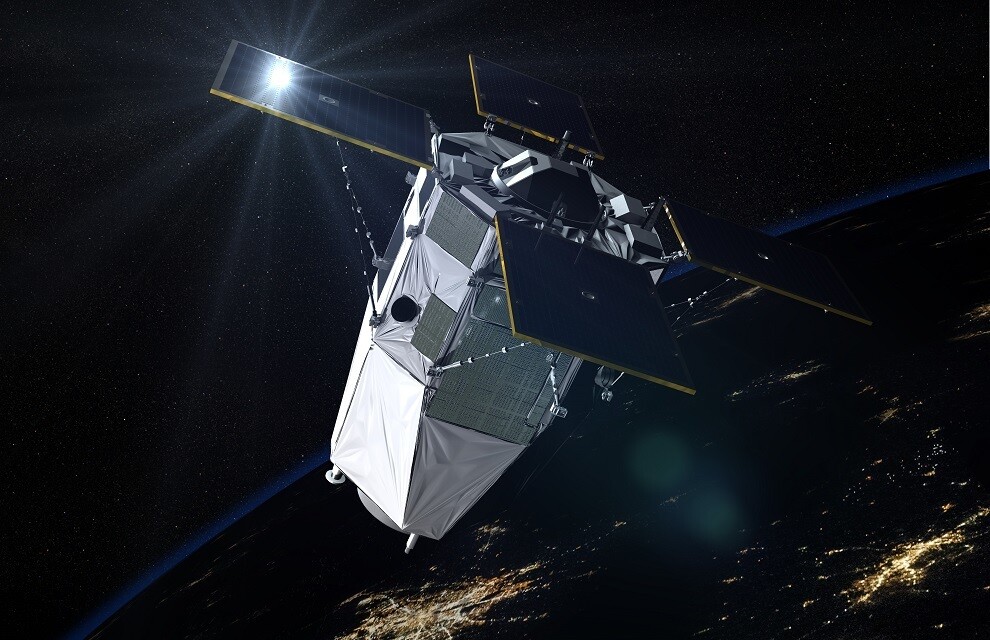The French Ministry of Defense has launched the first of three next-generation military reconnaissance satellites. On December 19 at 6:38 pm CET (17:38 GMT), the Composante Spatiale Optique or Optical Space Component (CSO-1) lifted off from the Guiana Space Center atop a Russian Soyuz rocket, sending it into a polar orbit of between 300 and 500 mi (480 and 800 km) in altitude, where it's expected to remain in service for 12 years.
Since the 1960s, military Earth observation satellites have been a key part of the defense strategies of the major world powers. France maintains its own constellations of military satellites and it is currently working to modernize and expand its presence in orbit. The three CSO satellites are scheduled to be fully deployed by 2021 at a cost of €1.3 billion (US$1.5 billion). They will replace France's two venerable Helios 2 orbiters that were launched between 2004 and 2009.
Though many of the technical details about CSO-1 remain highly classified, the Ministry of Defense confirms that the new satellite will have an improved image resolution of 35 cm (14 in) from an altitude of 500 mi (800 km) and can cover a larger geographical area at any one time. In addition, it is more adaptable than its predecessor.

Developed as part of the Multinational Space-based Imaging System (MUSIS) program, CSO-1 uses technology originally developed for France's Pleiades spy satellites and weighs in at a hefty 3.5 tonnes. It was developed with the help of funding from Germany in exchange for access to the imagery returned, Sweden, which is providing a ground tracking station, and Belgium.
"This launch is only a step, a decisive step. CSO will multiply our surveillance capabilities, allow us images of recognition and identification of a precision never equaled," says Florence Parly, Minister of the Armies.
Source: Ministère des Armées






